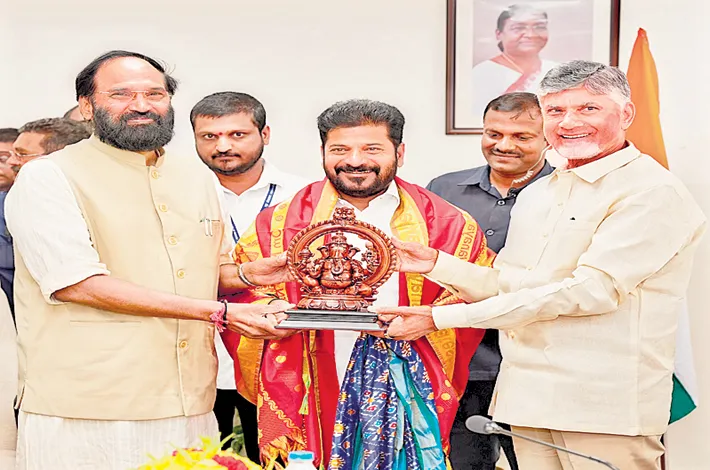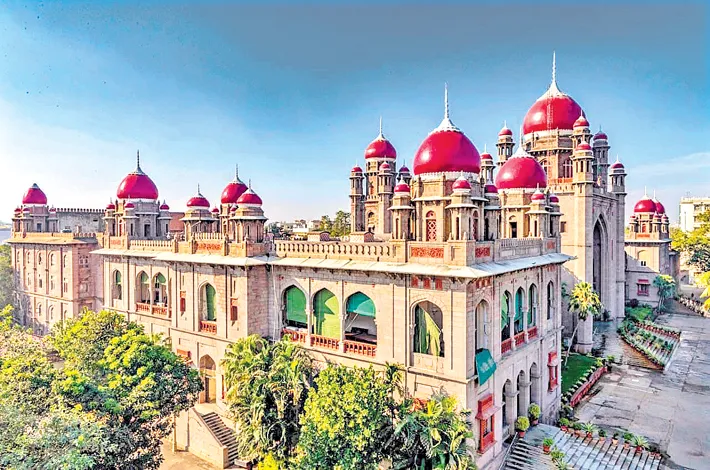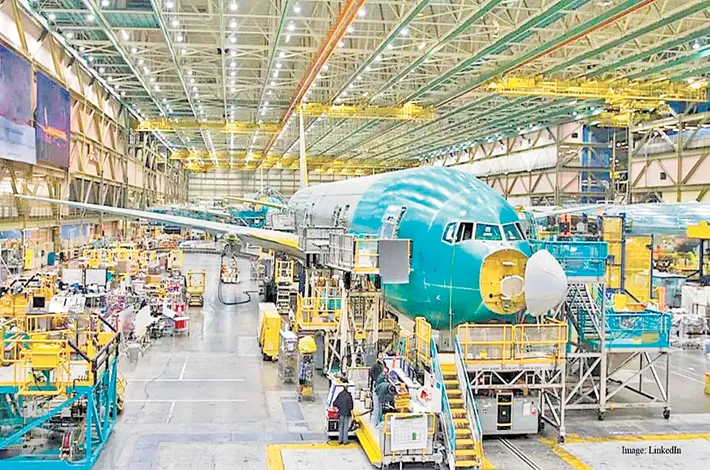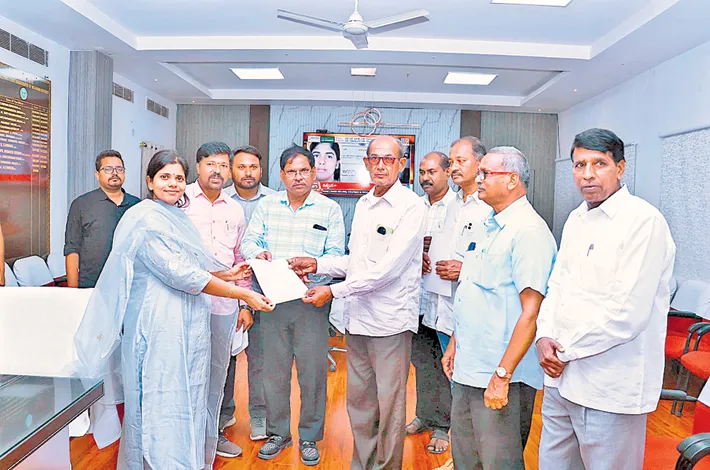Emergency and democracy: Today and 50 years ago
11-07-2025 12:00:00 AM
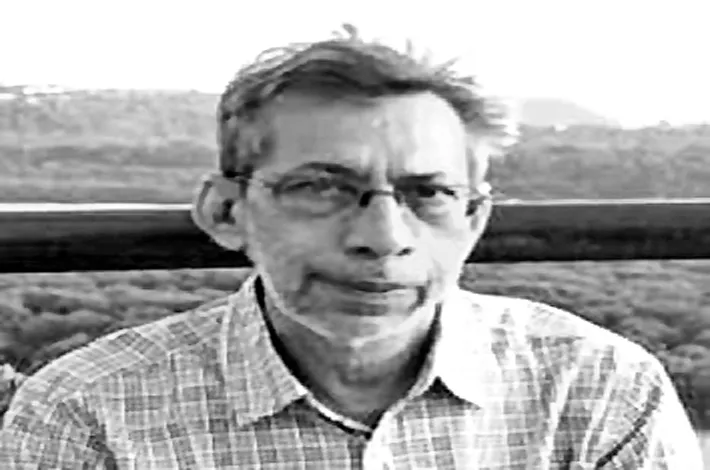
Emergency wrecked democracy in the name of democracy. But 50 years later, Indian democracy is still not free from its stress and depredations
The imposition of Emergency 50 years ago was a dark event for the country and its democracy. The “lawful suspension of law” in 1975, therefore, should serve as a reminder of the perils of authoritarianism and a tendency to build politics and governance around an individual, which can be experienced by any society or polity at any time and in different forms.
The Emergency did not merely suspend democratic norms and undermine constitutional principles; it also revealed an authoritarian impulse masked in constitutional legality. However, half a century later, India’s political landscape is once again confronted with the dark shadows of Emergency: systematic erosion of constitutional values and institutional independence and demonisation of the Opposition. Political commentators, legal experts, and civil rights activists describe the current state of India’s democracy as an “undeclared emergency” where “religious majoritarianism is intertwined with authoritarianism”.
When politics is built around an individual and political power is sought on the strength of an individual’s popularity combined with overt ideological push, instead of democratic politics and principles, authoritarianism can creep into any political system, which can severely undermine democracy. In an authoritarian playbook, the need for political stability, governance, and economic progress, as well as internal and external threats, can be used as convenient ploys to assume absolute power.
So, while recalling and reflecting on those dark days in India’s democracy and constitutionalism, it is equally important not to overlook the similarities between what happened 50 years ago and the extent to which the current political regime is unwilling to tolerate dissent and allow various branches of the state to function independently and impartially.
The period of Emergency, spanning from June 1975 to March 1977, was triggered by the invalidation of then prime minister Indira Gandhi’s 1971 election by the Allahabad High Court on charges of electoral malpractice. But the broader political and socio-economic context amid growing social unrest on Lok Nayak Jaya Prakash Narayan’s call for “Total Revolution” set the stage for Indira Gandhi’s panic-stricken decision.
However, amid mounting protests and global condemnation, Mrs Gandhi called for the general election in 1977. The opposition leaders, detained under the Emergency, decided to convert an amorphous entity into an ideologically compromised political party after their release from jail. Mrs Gandhi decisively lost the election to the Janata Party. India formally restored its democratic order, but the Janata experiment did not last long.
While the ideological contradictions and political differences of the anti-Indira/anti-Congress leaders mobilised by Narayan led to the collapse of the Janata Party government, his embracing of the RSS to overthrow Mrs Gandhi also led to the legitimisation and mainstreaming of the RSS and its political progeny, the Jan Sangh.
Thus, for the first time after independence, RSS pracharaks, like Atal Bihari Vajpayee and Lal Krishna Advani, became ministers in the Janata government and gained political credibility to lead the BJP, which was founded in 1980 after members of the erstwhile Jan Sangh quit the Janata Party over the “dual membership” issue.
Though the failure of the Janata experiment paved the way for more stable and coherent coalition experiments subsequently, the rise of the BJP to power with a full majority in 2014 was greatly helped by the Anna Hazare-led India Against Corruption movement in which, it is said, the RSS and the BJP played a significant role.
The Emergency wrecked democracy in the name of democracy, and the Narendra Modi government does not leave a stone unturned to remind people of the “darkest period in India’s democratic history”. But 50 years later, Indian democracy is still not free from the Emergency’s stress and depredations.
After 2014, policies and actions of the current regime have been in divergence with the freedom and values of the Constitution. This is not to suggest that we are living in Emergency-like times, but no one can deny that under the current regime civil liberties are constrained, free speech is not free, dissent is labelled anti-national.
India’s political landscape cannot be used to justify what happened 50 years ago, but the troubling trajectory of normalisation of the exception since 2014 is akin to undermining the foundation of the rule of law. If Indira Gandhi’s authoritarianism was meant to protect her political survival, critics of the ruling regime are of the view that its current version is structural and ideological.
The question is not whether democracy is under strain but whether it is being slowly undone from within, as the broader trend reveals a strategy, according to Modi government critics, “to cleverly manipulate the Constitution through democratic means to serve undemocratic ends”. To quote the critics again, “India is no longer drifting towards authoritarianism; it is institutionalising it.”
If democracy is considered to have taken root in India, then it goes without saying that the soul of India is inclusivity, diversity, individual rights, rule of law, freedom of speech, right to dissent, freedom of religion and equal respect for all faiths. The Constitution is a living example of the manifestation of the idea of an India that has existed for centuries.
So, when the current regime describes India as the “mother of democracy”, what do we make of responsible voices raising objections to the addition of terms like ‘Socialist’ and ‘Secular’ to the Preamble of the Constitution during the Emergency? If the idea of India embodies communal harmony, social justice, and welfare of citizens, then what do we make of the recurring persecution of minorities and socially and economically backward communities, deepening communalisation of politics, and an overt push toward the Hindu nationalist ideology?
Through a constitutional mechanism, Mrs Gandhi suspended civil liberties, censored the media, and compromised institutional independence. Today, the challenges for democratic politics and constitutionalism are the same.





